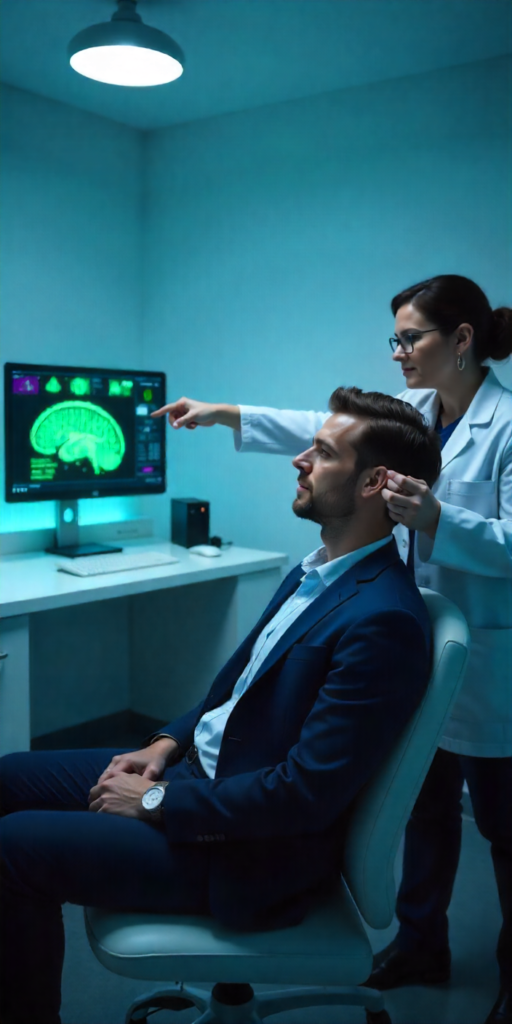TMS vs Medication: Which Depression Treatment Option Is Right for You?
Depression affects millions of people worldwide and finding the right treatment can be overwhelming. For many, antidepressant medications provide relief, while others continue to struggle despite trying different prescriptions. If you’re among those who haven’t found success with medications, Transcranial Magnetic Stimulation (TMS Therapy) may be the solution you’ve been searching for. At Texas Holistic Psychiatry in Kingwood, Texas, we offer both traditional and innovative treatment options. This guide will help you understand the differences between TMS treatment for depression and medication, so you can decide which option may be right for you.
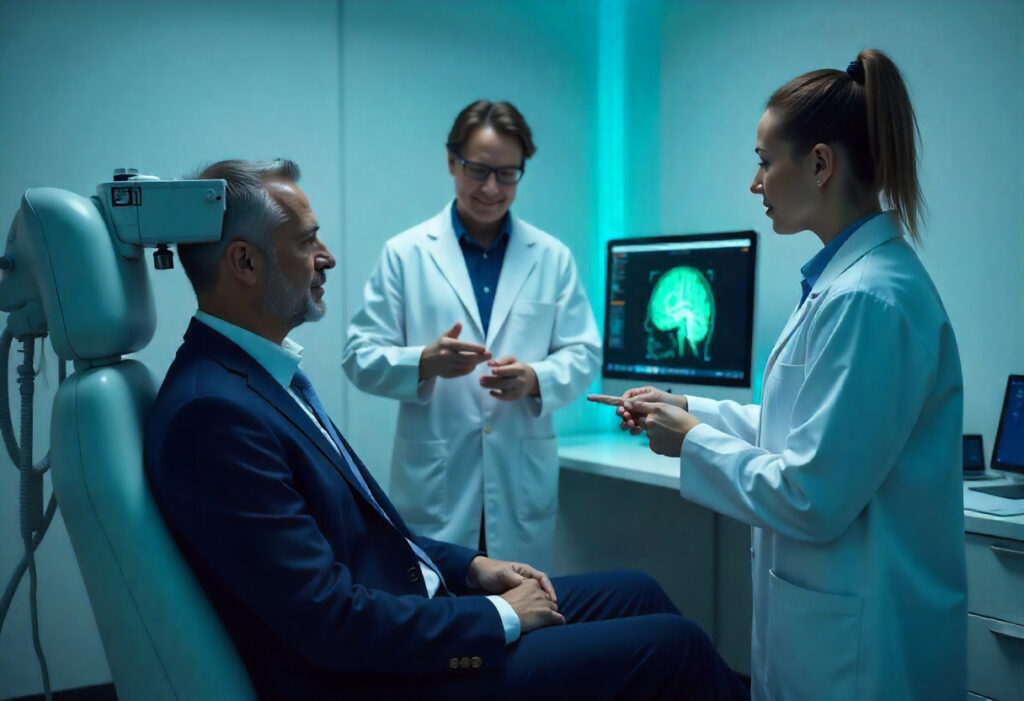
TMS Vs Medication: Understanding Your Depression Treatment Options
Medication for Depression
Antidepressant medications are one of the most common depression treatment options. They work by altering brain chemicals like serotonin and dopamine to improve mood and reduce symptoms. While many people find relief with medication, others experience minimal benefits or struggle with side effects such as weight gain, fatigue, or sexual dysfunction.
Transcranial Magnetic Stimulation (TMS Therapy)
TMS Therapy is a non-invasive depression treatment that uses magnetic coils to deliver targeted brain stimulation. A TMS Certified Physician oversees the treatment, and sessions are carried out by skilled TMS providers. The TMS procedure doesn’t require anesthesia, and patients typically resume daily activities right after each session.
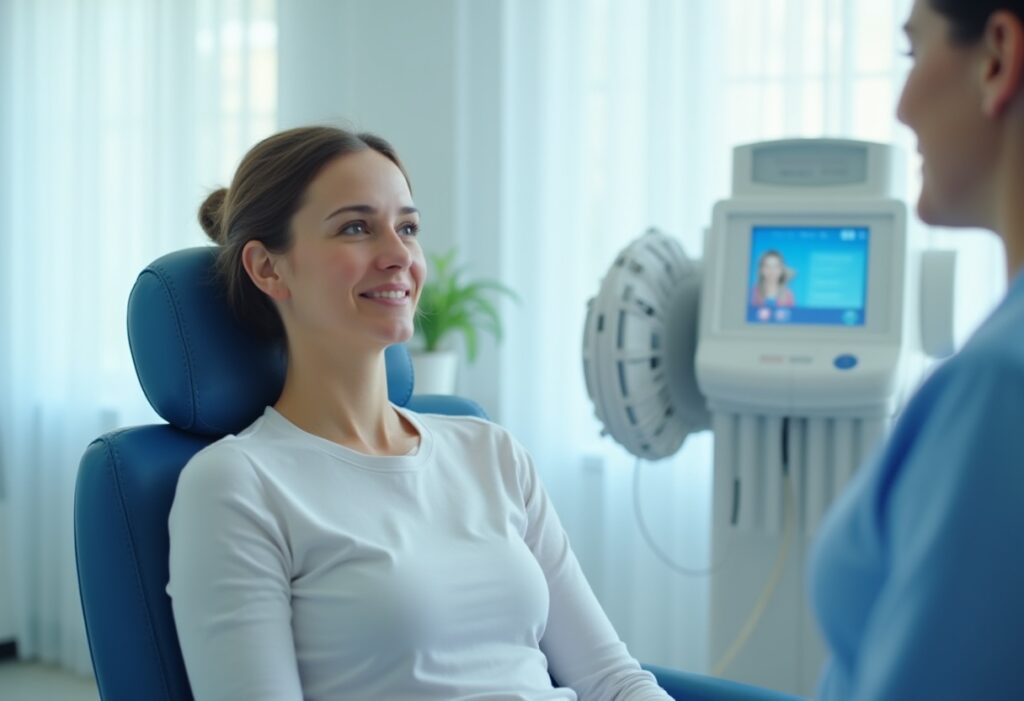
How TMS Therapy Works
During your TMS initial session, our specialists will conduct a motor threshold assessment to determine the right magnetic field intensity for your treatment. The magnetic coils are then placed on your scalp, delivering gentle pulses that stimulate areas of the brain linked to mood regulation. You may feel a light tapping sensation on your head, but the process is safe, comfortable, and designed to minimize discomfort. A typical course of TMS sessions lasts 4–6 weeks, with each session taking 20–40 minutes.
Pros and Cons of Antidepressant Medication
Benefits of Medication
- Widely available and often covered by insurance
- Can be effective for mild to moderate depression
- May also treat co-occurring conditions like anxiety
Drawbacks of Medication
- Side effects such as nausea, weight changes, and sexual dysfunction
- Trial-and-error process to find the right prescription
- May also treat co-occurring conditions like anxiety
- Risk of dependency or withdrawal symptoms if discontinued suddenly
Pros and Cons of TMS Therapy
Benefits of TMS
- Alternative to medication for those who haven’t responded well to antidepressants
- Minimal TMS side effects, with some patients reporting only mild headaches after TMS
- Safe and non-invasive with no need for anesthesia
- Allows patients to return to work or daily life immediately after treatment
Drawbacks of TMS
- Requires commitment to multiple sessions (typically 5 times per week for 4–6 weeks)
- Some patients experience mild scalp discomfort
- Insurance coverage may vary
Safety and Side Effects
Both options are generally safe when supervised by qualified professionals. However, patients who prefer a non-invasive depression treatment often choose TMS because it does not involve chemicals and avoids many of the long-term side effects of medications.
Common TMS side effects include:
- Mild scalp discomfort
- Headaches after TMS (usually temporary)
- Tingling or muscle twitching during sessions
Who Is a Good Candidate for TMS Therapy?
You may be a good candidate for TMS treatment for depression if:
- You haven’t responded well to multiple antidepressant medications
- You want a non-invasive alternative to medication
- You prefer to avoid the side effects associated with antidepressants
- You are seeking a safe, FDA-approved treatment option
At Texas Holistic Psychiatry in Kingwood, Texas, our expert TMS providers will evaluate your health history, discuss your goals, and determine if TMS is right for you.
Support System for TMS Patients
Having a support system for TMS patients can make the treatment process smoother. Loved ones can help you track progress, offer encouragement, and celebrate milestones. Our clinic also provides ongoing support, helping patients navigate the journey and notice gradual improvements after TMS.
Why Choose Texas Holistic Psychiatry in Kingwood, Texas
At Texas Holistic Psychiatry, we specialize in providing advanced, personalized mental health care. Our TMS office in Kingwood, Texas is designed to make patients feel safe and supported throughout their treatment journey.
We stand out because of our:
- Experienced TMS Certified Physicians
- Skilled and compassionate TMS providers
- Customized treatment plans
- Strong emphasis on holistic, complementary therapy options
If you’re struggling with depression and wondering whether medication or TMS therapy is the better option, consider your goals, medical history, and lifestyle. At Texas Holistic Psychiatry in Kingwood, Texas, we’re here to guide you through your choices and help you take the next step toward healing.Don’t wait another day to reclaim your life. Contact us now to schedule your consultation and find out if TMS therapy is right for you.
Related Post
-
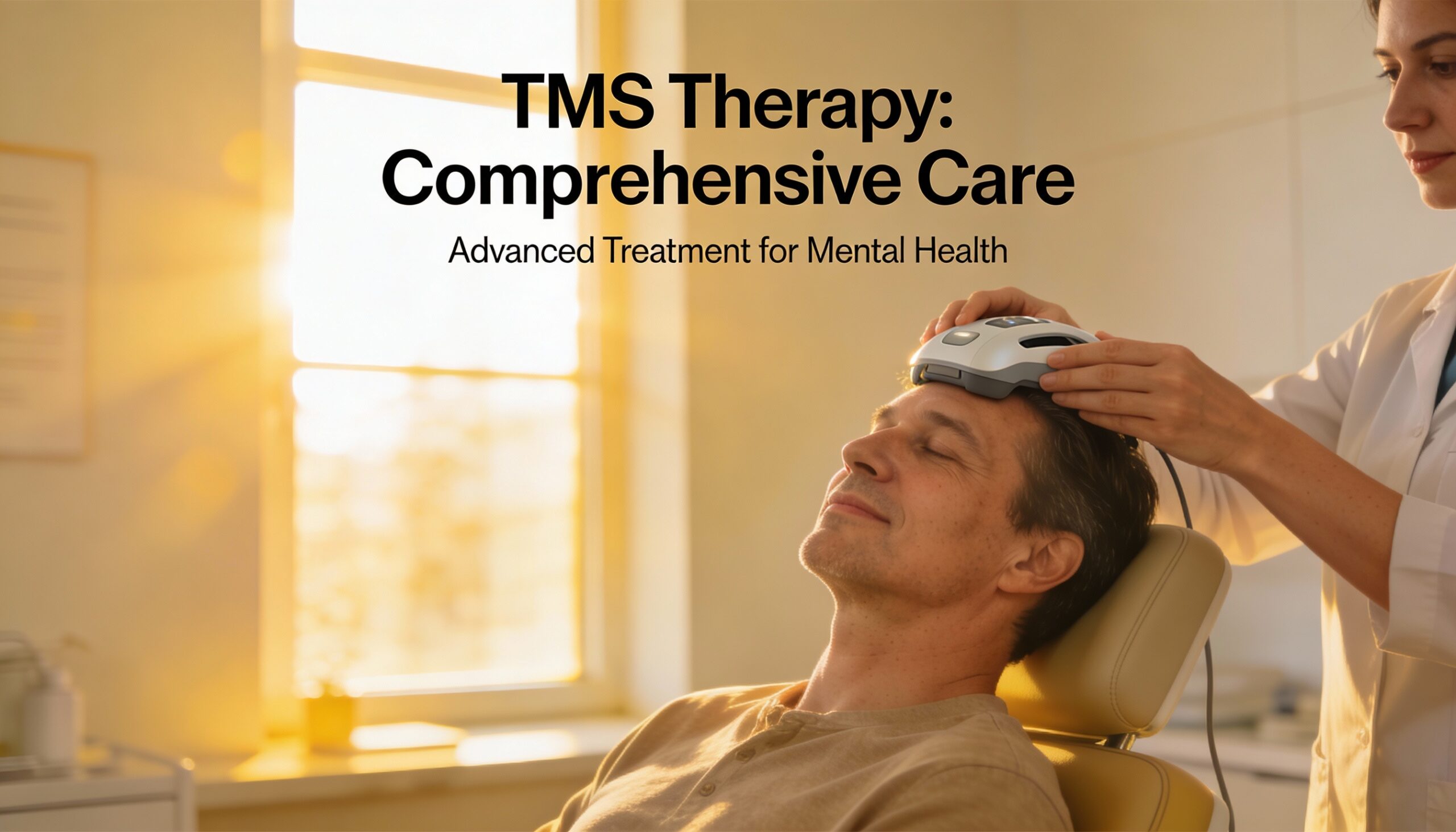 TMS Therapy for Treatment-Resistant Depression in Houston
TMS Therapy for Treatment-Resistant Depression in Houston -
 How Many TMS Sessions Do You Need to See Results?
How Many TMS Sessions Do You Need to See Results? -
 How TMS Therapy Helps You Regain Focus and Mental Clarity
How TMS Therapy Helps You Regain Focus and Mental Clarity -
 Does TMS Therapy Improve Sleep for People with Depression?
Does TMS Therapy Improve Sleep for People with Depression? -
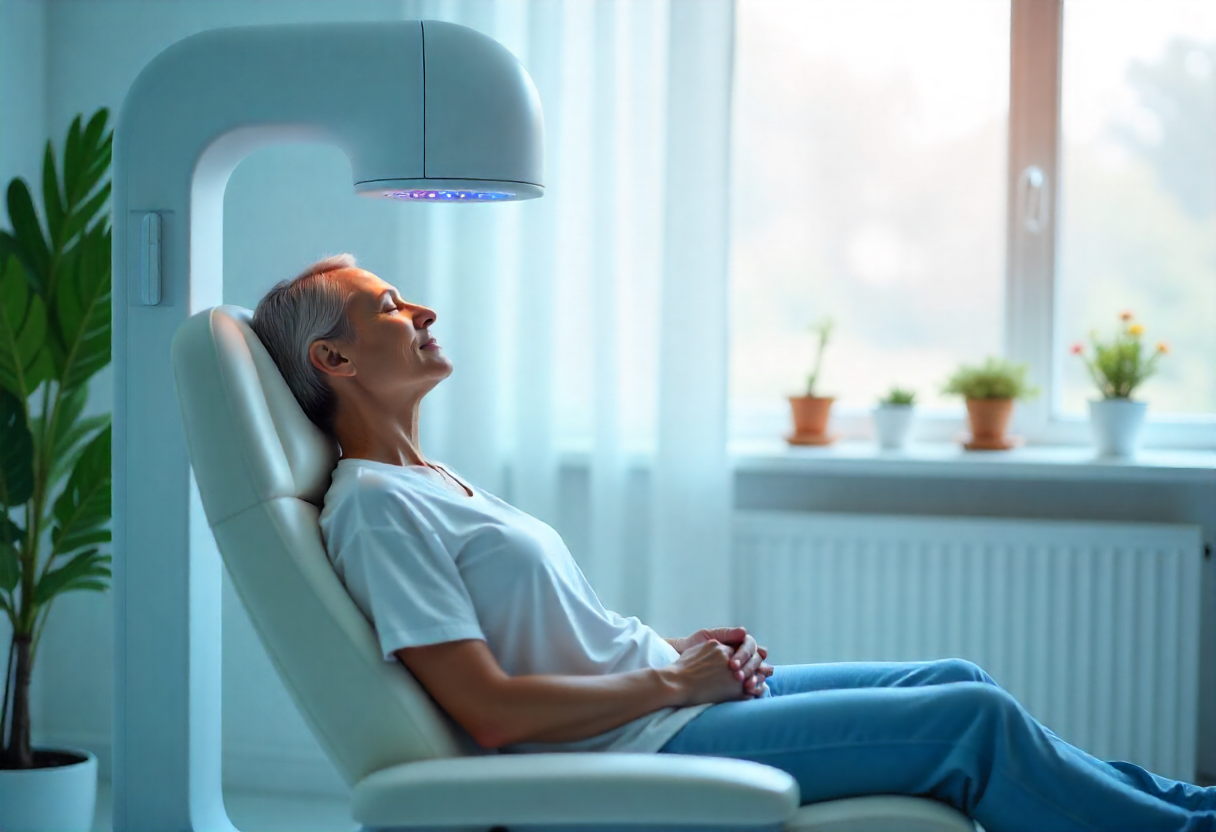 How Long Do the Effects of TMS Therapy Last?
How Long Do the Effects of TMS Therapy Last? -
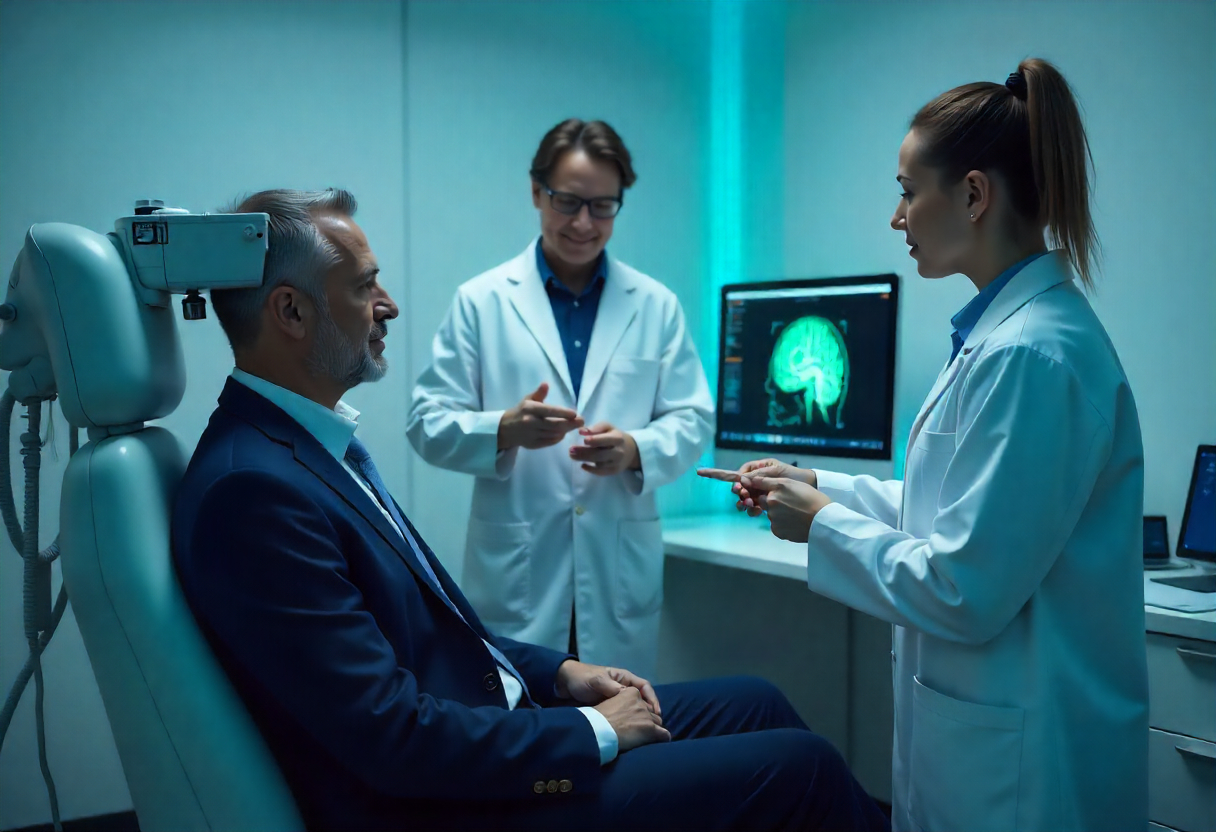 TMS vs. Medication: Which Depression Treatment Option Is Right for You?
TMS vs. Medication: Which Depression Treatment Option Is Right for You? -
 How to Prepare for Your TMS Therapy Session
How to Prepare for Your TMS Therapy Session -
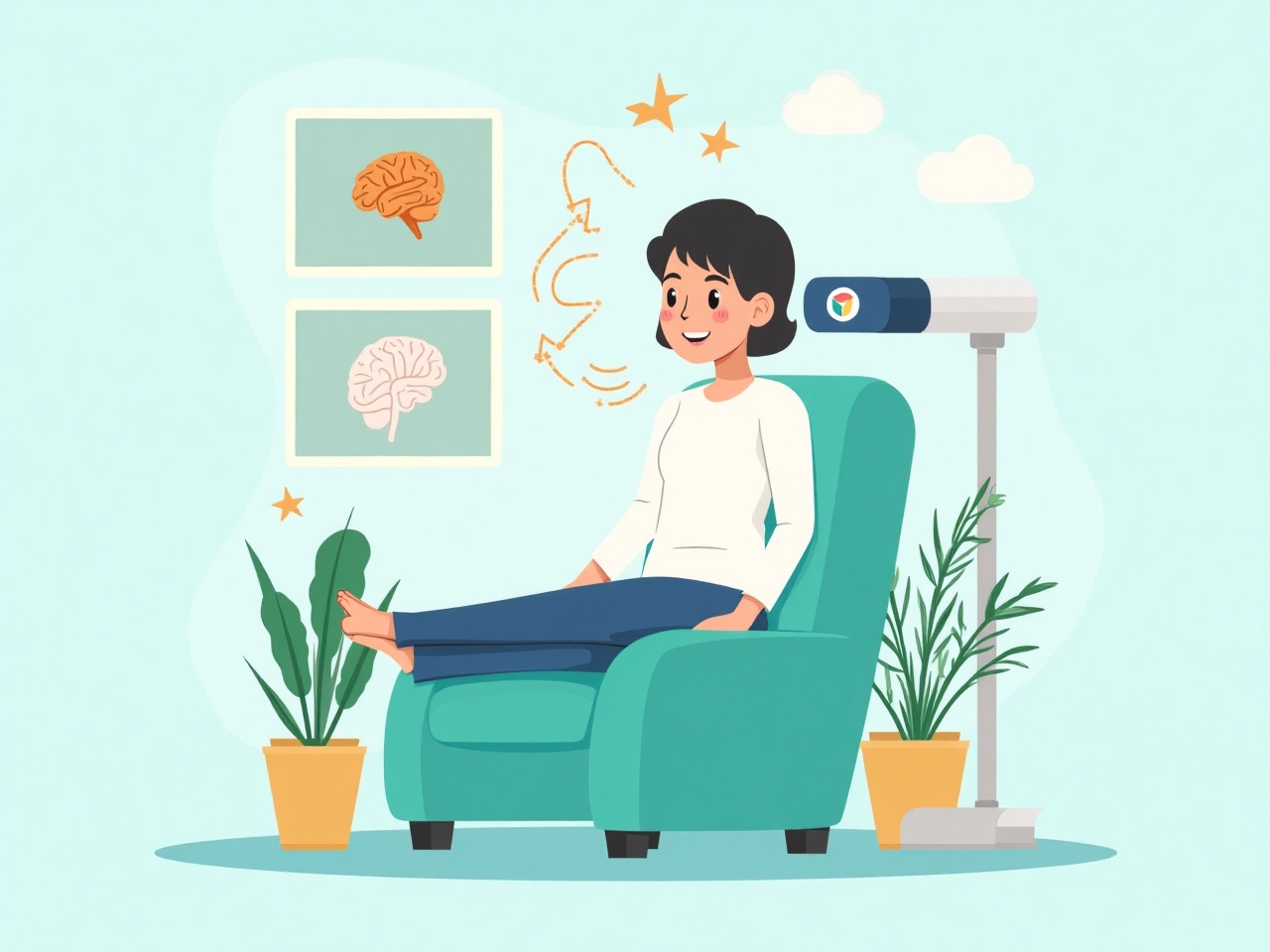 What Is TMS Therapy and How Does It Work for Depression?
What Is TMS Therapy and How Does It Work for Depression? -
 How Lifestyle Changes Can Enhance Your Mental Health Treatment | Holistic Psychiatry Kingwood
How Lifestyle Changes Can Enhance Your Mental Health Treatment | Holistic Psychiatry Kingwood -
 How to Support a Loved One with Depression
How to Support a Loved One with Depression -
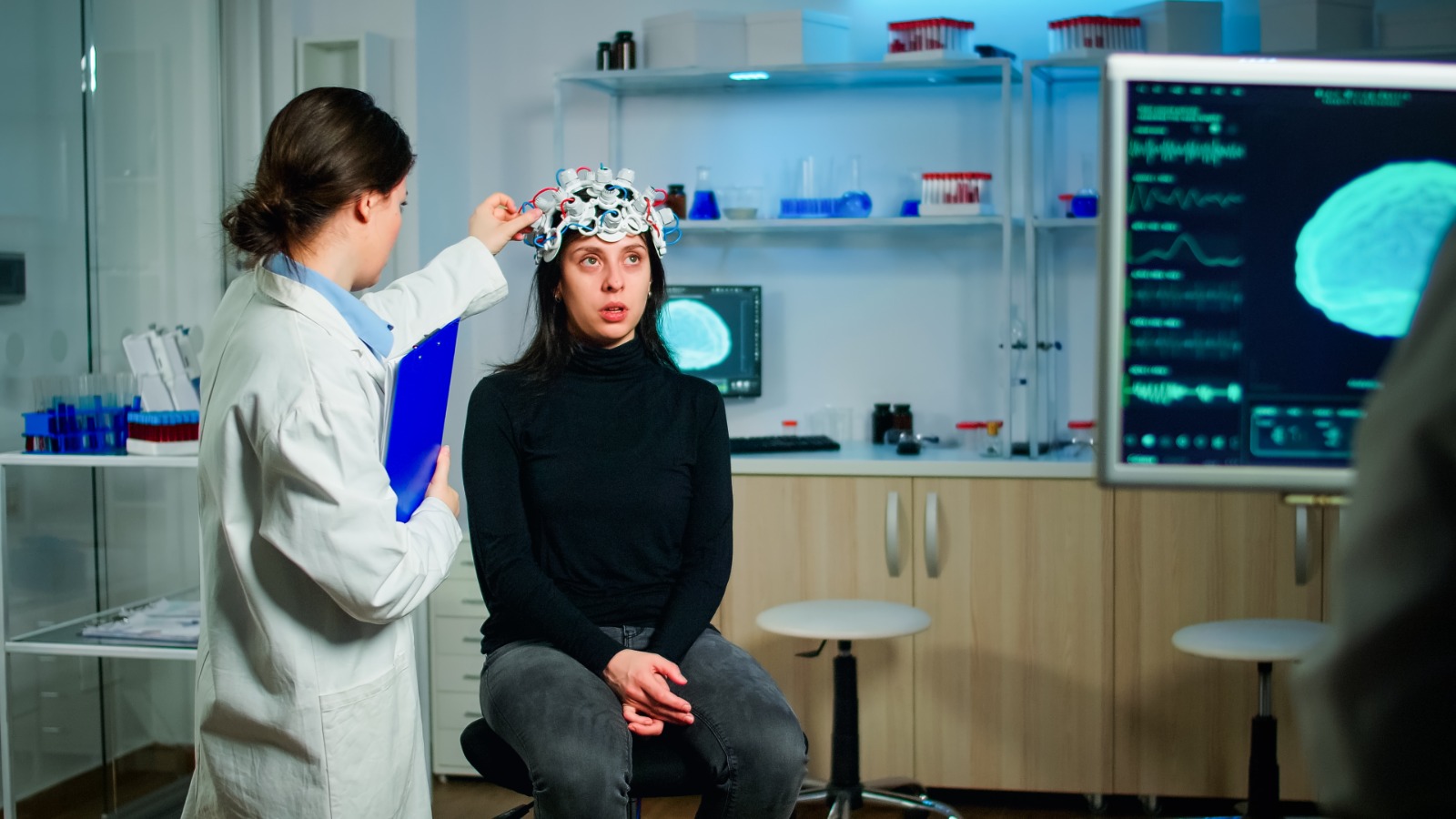 5 Proven Benefits of TMS Therapy for Mental Health
5 Proven Benefits of TMS Therapy for Mental Health -
 Signs You Might Have Treatment-Resistant Depression (And What to Do About It)
Signs You Might Have Treatment-Resistant Depression (And What to Do About It) -
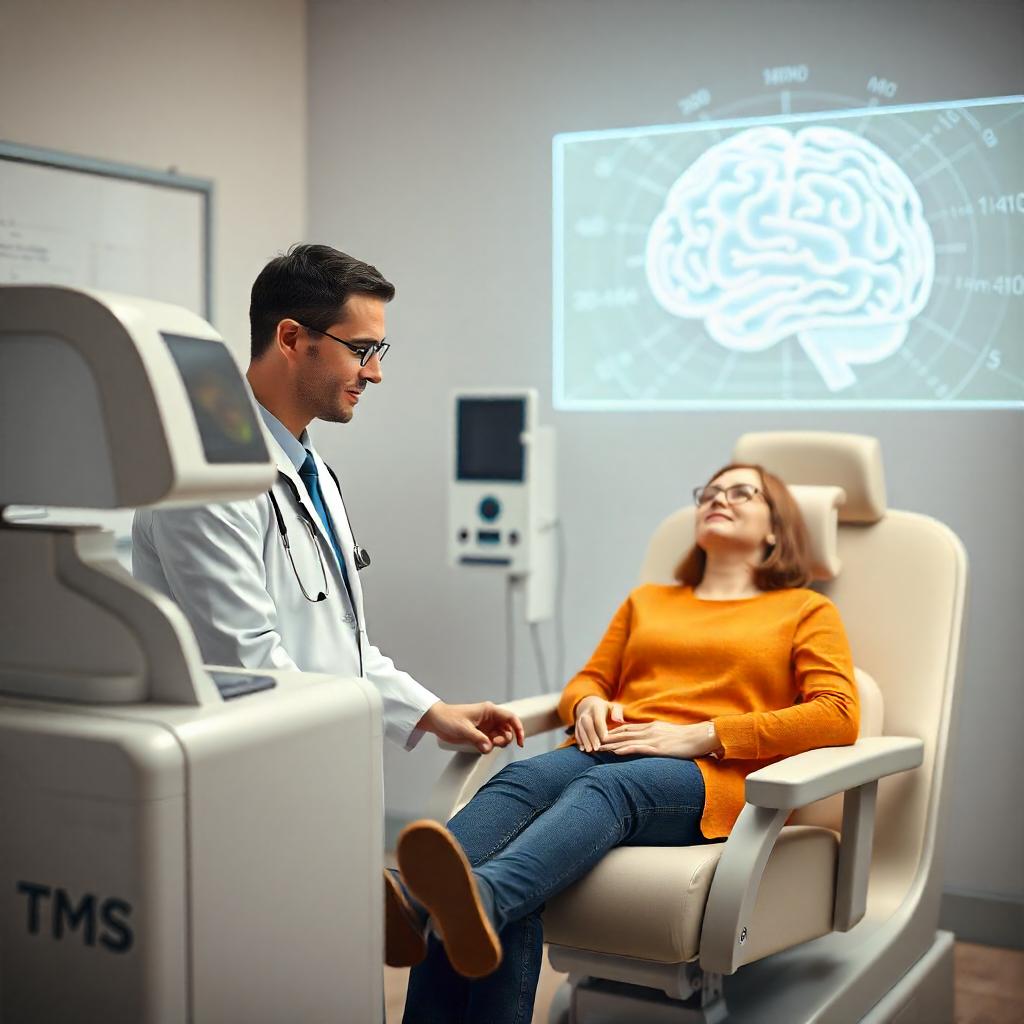 What is TMS Therapy? A Beginner’s Guide to Non-Invasive Depression Treatment
What is TMS Therapy? A Beginner’s Guide to Non-Invasive Depression Treatment

